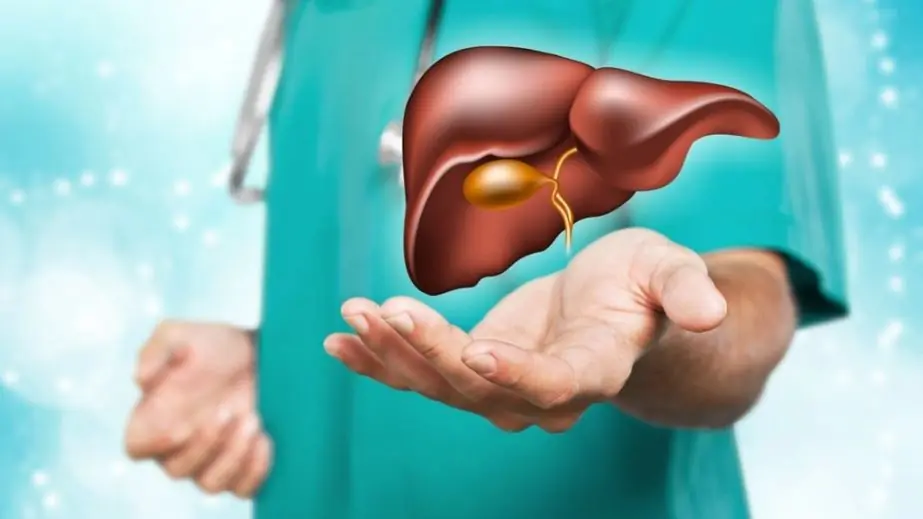
5 Silent Signs Your H.eart Is Crying for Help — But You’re Probably Ignoring Them
Your heart doesn’t shout when it’s in trouble — it whispers.
Those tiny signs you brush off — swelling ankles, chest tightness, or an occasional fainting spell — might actually be your heart’s SOS signal.
Heart disease remains one of the leading causes of death worldwide, yet most people miss the early warning signs until it’s too late.
So how do you know when your body is quietly warning you that your heart is in danger?
Here are five red flags you should never ignore.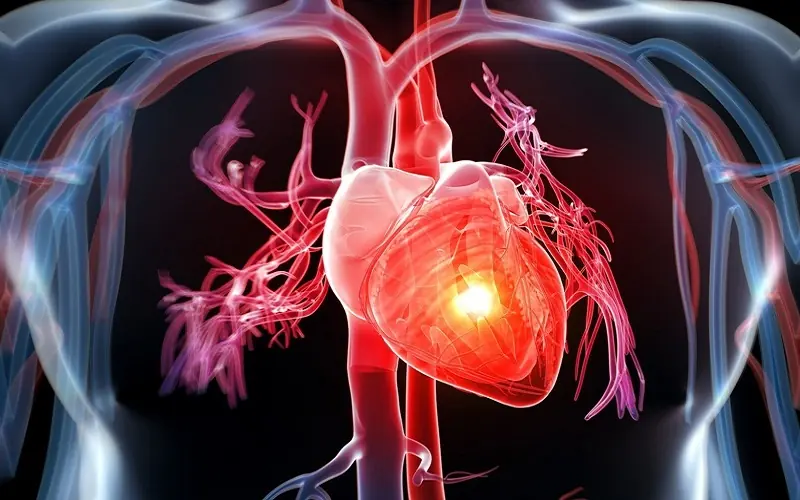
💧 1. Swollen Ankles or Feet
Do your shoes feel tighter at the end of the day? That puffiness might not just be “water weight.”
When your heart can’t pump blood efficiently, it causes fluid to pool in your legs and ankles, a condition known as edema.
This swelling happens because blood backs up in your veins and fluid leaks into surrounding tissues. It’s common in people with heart failure or chronic kidney disease, and it often worsens after long periods of sitting or standing.
👉 What to do: If swelling persists, especially if it’s accompanied by shortness of breath or fatigue, get checked immediately. Persistent ankle swelling is one of the earliest and most overlooked warning signs of heart disease.
⚡ 2. Heart Palpitations or “Fluttering”
Ever felt like your heart skipped a beat, or suddenly started pounding out of nowhere? That fluttering or racing sensation could indicate an arrhythmia — an irregular heartbeat.
The most common type, atrial fibrillation (AFib), increases your risk of stroke and heart failure. Some people feel their heart “flip-flopping” in their chest, others just sense a strange pulse in their neck.
Yes, caffeine, stress, and anxiety can trigger palpitations — but if they come with dizziness, fainting, or chest pain, don’t ignore them.
Your heart might be signaling a rhythm disorder that needs medical attention.
💥 3. Chest Pain Radiating to the Arm, Jaw, or Back
This is the classic warning sign — and for good reason.
When your heart muscle isn’t getting enough oxygen-rich blood, it triggers angina (chest pain).
People often describe it as a heavy, squeezing, or burning pressure in the center or left side of the chest — sometimes spreading to the arm, shoulder, neck, jaw, or back.
If this pain occurs during physical activity or stress and eases with rest, it’s likely angina. But if it doesn’t go away or worsens, it could be a heart attack — a complete blockage of blood flow to the heart muscle.
⛔ Never wait it out. Call emergency services immediately. Early treatment can mean the difference between survival and permanent heart damage.
😵 4. Fainting or Feeling Lightheaded
Sudden fainting, especially after your heart starts racing or fluttering, can indicate a serious heart rhythm disorder or hypertrophic cardiomyopathy (a thickened heart muscle).
These conditions can cause the heart to pump inefficiently, temporarily cutting off blood flow to the brain — leading to loss of consciousness.
If you’ve ever fainted during exertion or stress, that’s not “just exhaustion.” It’s your heart waving a red flag.
🩺 See a cardiologist immediately. Simple tests like an ECG or echocardiogram can detect dangerous rhythm disturbances early.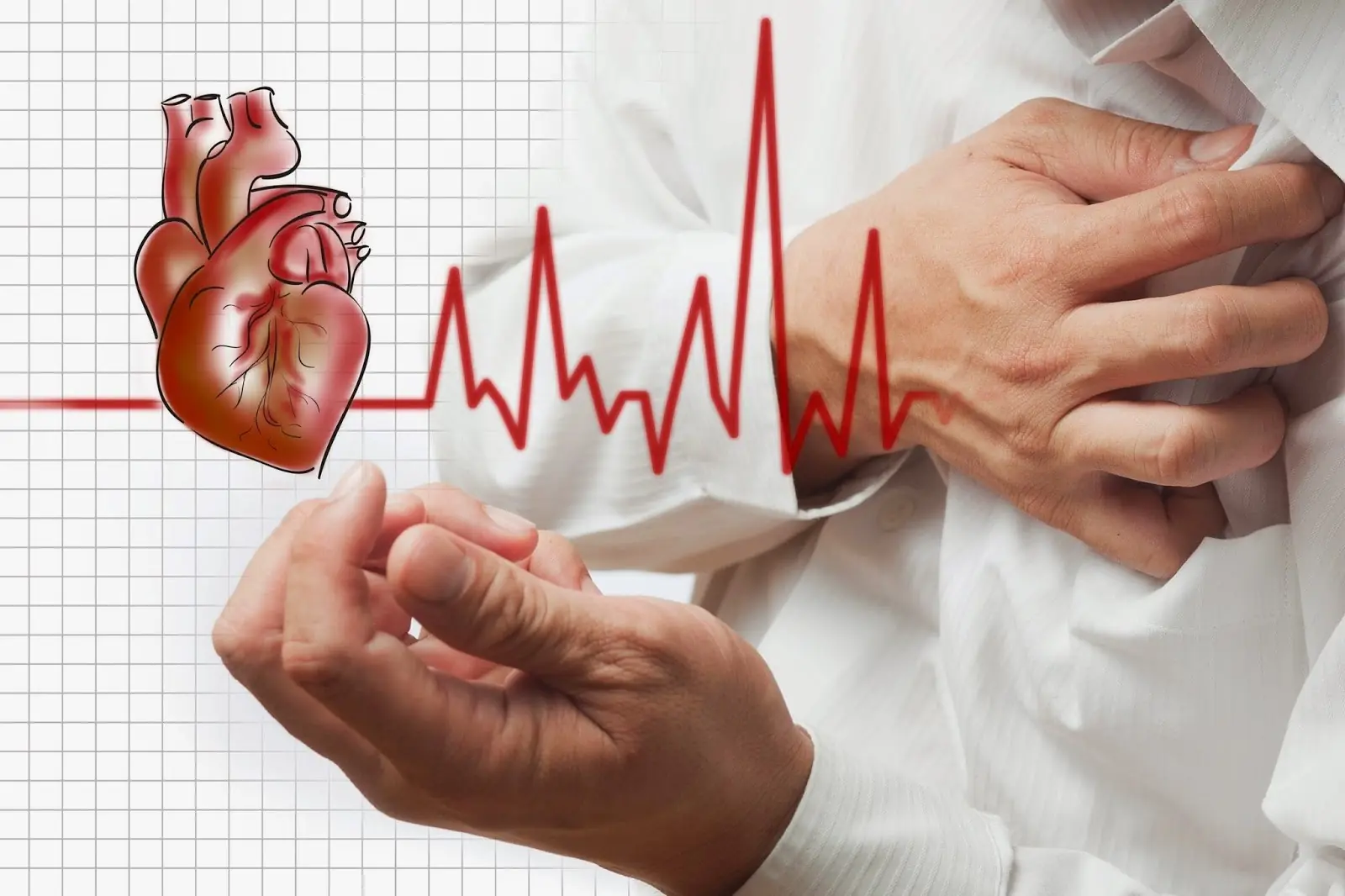
💓 5. Fast, Irregular Pulse
Take your pulse at your wrist or neck.
If it’s fast, uneven, or erratic, you could be experiencing atrial fibrillation — one of the most common and dangerous heart rhythm issues.
AFib doesn’t always cause symptoms, but it dramatically increases your risk of stroke and heart failure. The irregular rhythm allows blood to pool and form clots in the heart — clots that can travel to the brain.
If you notice an irregular pulse, even occasionally, it’s time for a check-up. Early diagnosis and medication can control rhythm and prevent complications.
❤️🔥 Your Heart Doesn’t Heal on Its Own
Your heart works 24/7 — quietly, tirelessly.
Ignoring its early warning signs is like muting a smoke alarm. By the time the flames are visible, the damage is already done.
So if your ankles swell, your pulse skips, or your chest feels heavy, don’t wait.
Listen to your heart — literally.
Because every beat is a message, and sometimes, it’s a cry for help.
News in the same category

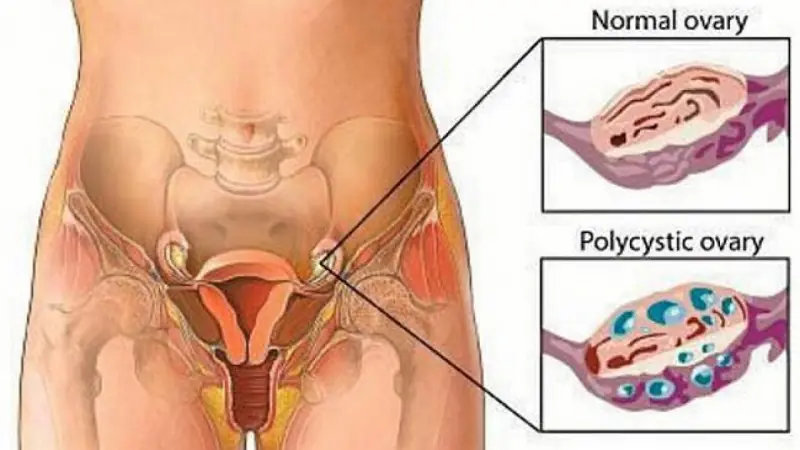
7 Alarming Signs Your PCOS Is Getting Worse

5 Fruit-Eating Mistakes That Secretly Harm Your Health

Think You’re Eating Enough Protein? 90% of People Are Dead Wrong

The Ancient Super Mushroom That Heals Your Li.ver and Kid.neys Naturally
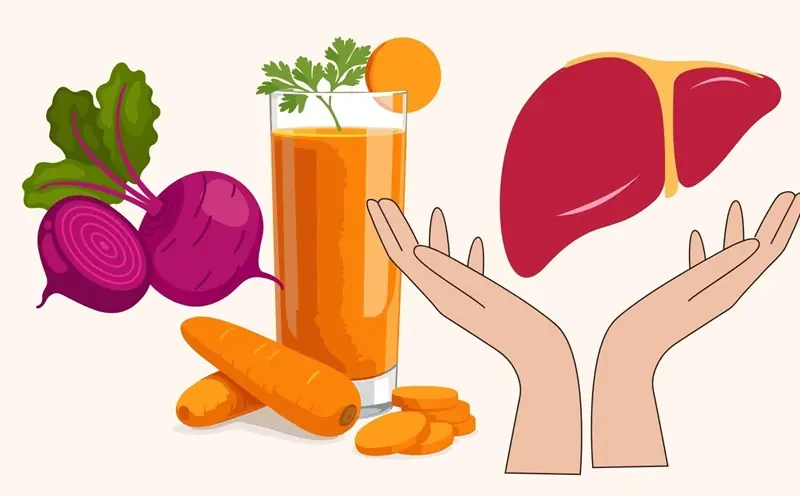
Sleep Your Way to a Cleaner Li.ver: The Nightly Detox Secret
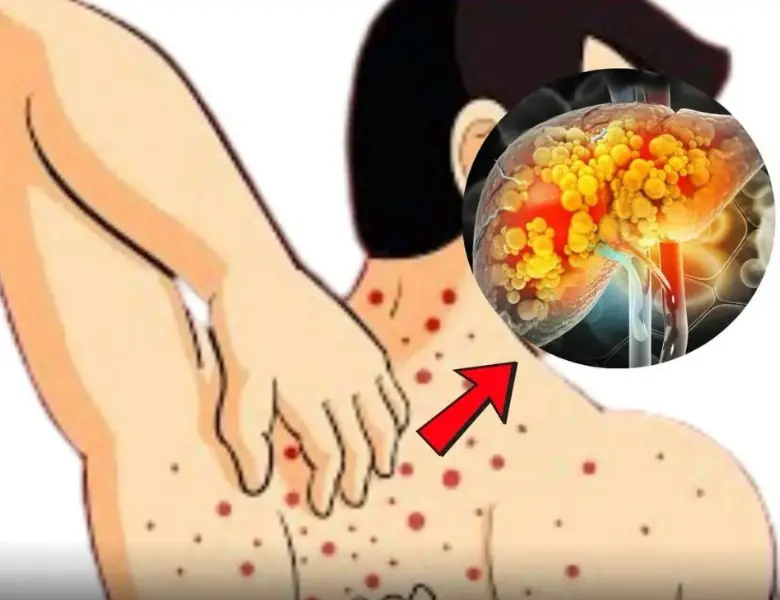
Fa.tty Liver: Causes, Symptoms, Treatment & Evidence-Based Prevention Strategies

Warning: If You Notice This Sign in Your Body, Go to the Hospital Immediately or It May Be Late-Stage Nasoph.aryngeal Can.cer

One Egg a Week, 47% Lower Alzheimer’s Risk

If you drool while sleeping, it is a sign that your brain…

The surprising truth about eating eggs every day

Japan Just Hit 100,000 Citizens Over 100-Years-Old — Their Longevity Secret Isn’t What You’d Think

These 5 Foods Are Diabetes Enemies — Sadly, Many People Are Unaware

New research on so.lid tu.mor kil.ling method, successful in mice, awaiting clinical trials

The Power of Walnuts: A Superfood for Kid.ney Health and Brain Function
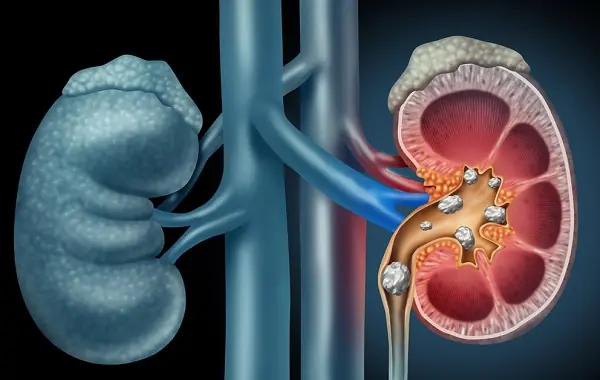
Keep Your Kid.neys Healthy with These Simple, Natural Choices

Experts Say These Four Foods Could Be Part of the Reason. Smart People Have Already Given Them Up

3 Danger.ous Ways Eating Red Dates Could Ha.rm Your Health

5 Natural Drinks to Keep Your Li.ver Healthy and Detoxified
News Post

5 Powerful Ways to Stay Vibrantly Healthy in Your 40s and 50s
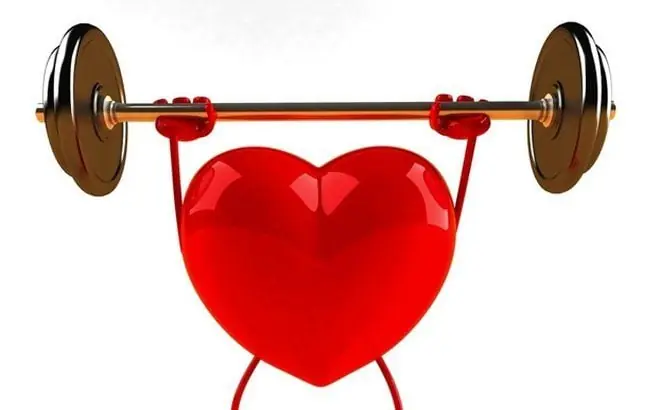
How to Exercise Without Overloading Your H.eart

5 Silent Signs Your Li.ver Is in Trouble — and You’re Probably Ignoring Them

4 Hair Care Habits You Think Are Helping — But Are Actually Ruining Your Hair

7 Alarming Signs Your PCOS Is Getting Worse

5 Fruit-Eating Mistakes That Secretly Harm Your Health

The Surprising Truth About Cucumbers and Kid.ney Disease

Think You’re Eating Enough Protein? 90% of People Are Dead Wrong

The Ancient Super Mushroom That Heals Your Li.ver and Kid.neys Naturally

Sleep Your Way to a Cleaner Li.ver: The Nightly Detox Secret
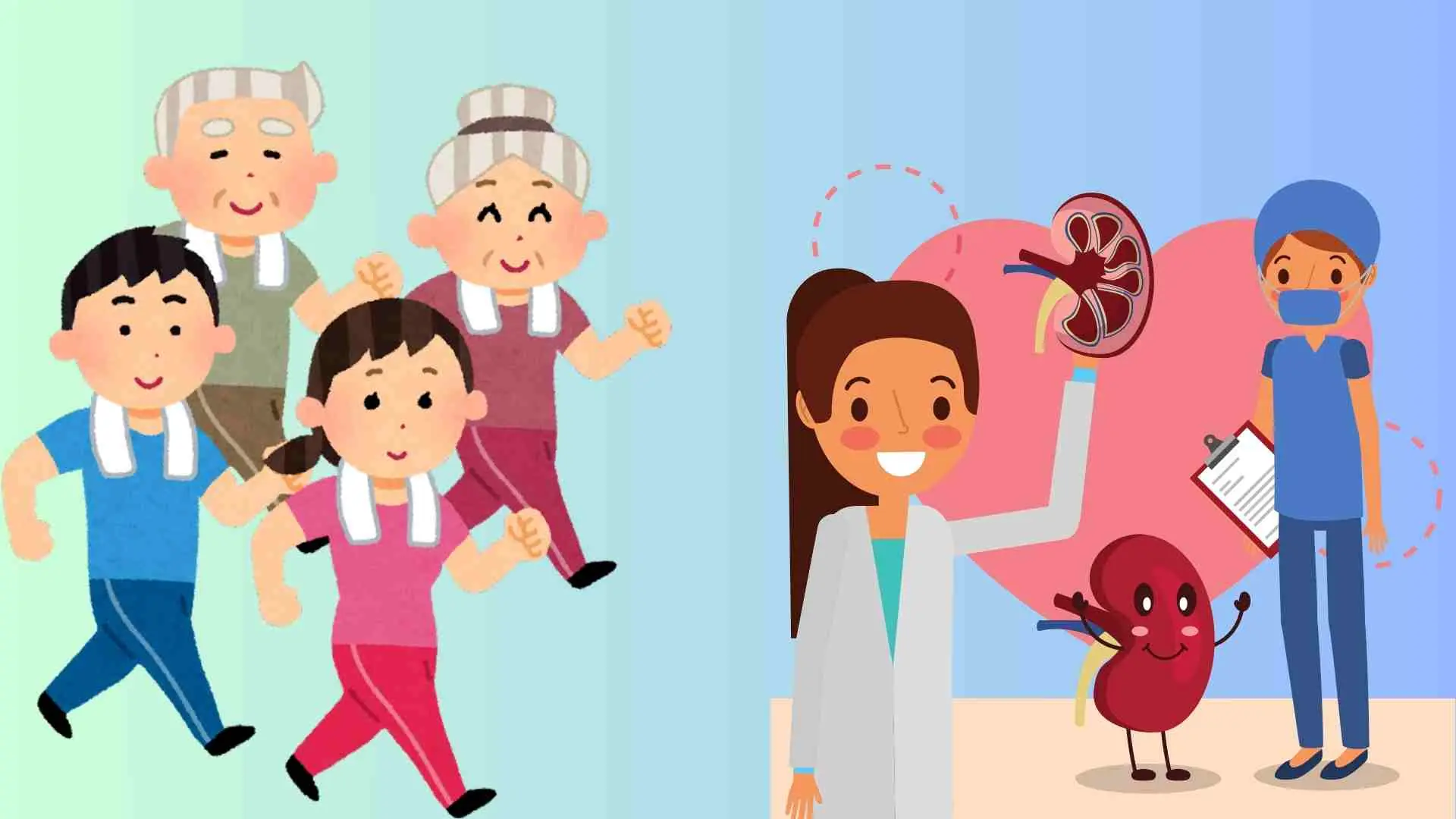
How Walking Can Transform Your Li.ver and Kid.neys Without You Even Realizing It

Fa.tty Liver: Causes, Symptoms, Treatment & Evidence-Based Prevention Strategies

Warning: If You Notice This Sign in Your Body, Go to the Hospital Immediately or It May Be Late-Stage Nasoph.aryngeal Can.cer

What Does It Mean When Someone Who Has Pas:sed Away Appears In Your Dream

One Egg a Week, 47% Lower Alzheimer’s Risk

If you drool while sleeping, it is a sign that your brain…

Why Do Some Windows Have "Belly Bars"?

The surprising truth about eating eggs every day
